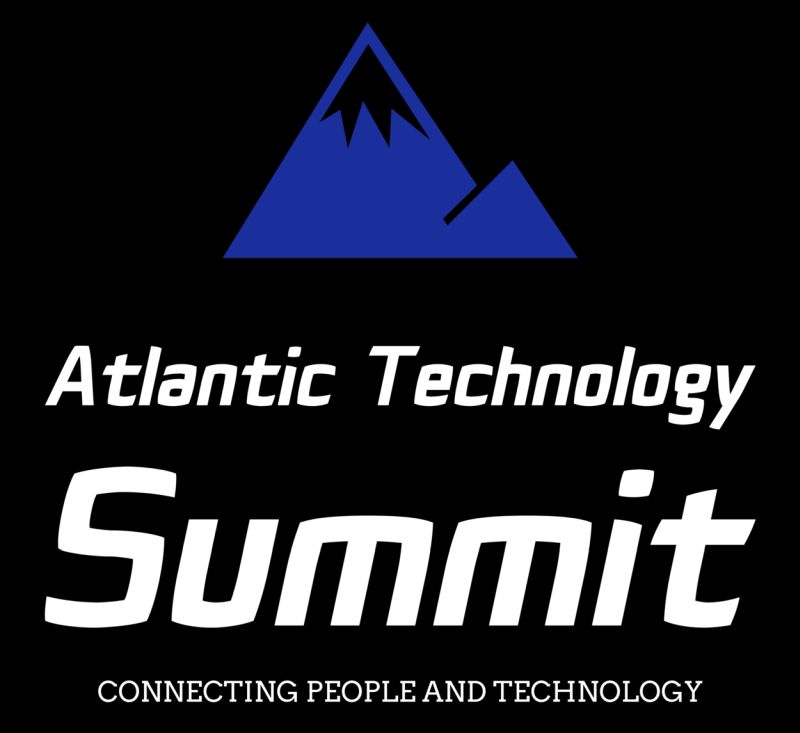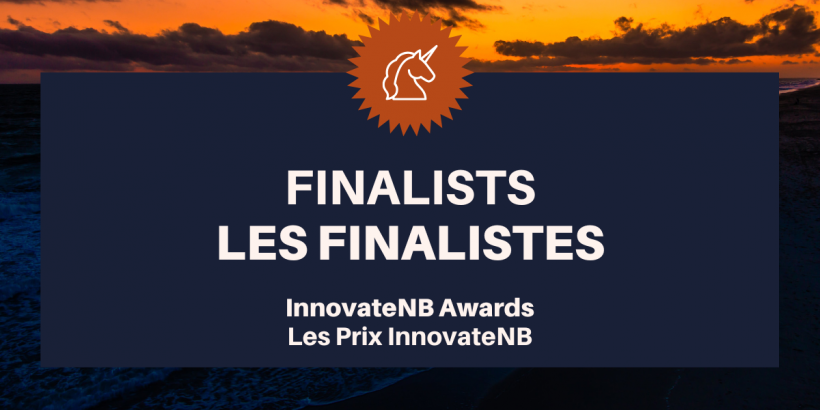Halifax-based marine coatings maker Graphite Innovations & Technology, or GIT, has closed a $10.2 million Series A funding round led by BDC Capital’s ClimateTech Fund as it looks to scale up its commercialization activities.
Also investing is U.K.-based Stolt Ventures, the investment arm of Stolt-Nielsen, which was founded in 1959 and now operates more than 150 tanker ships, as well as fish farms and shipping terminals. GIT earlier this month inked a two-year deal to apply its new coating for ship propellers to 25 vessels owned by the London maritime giant.
“The Series A funds will be used to expand production capacity of GIT’s sustainable marine coatings, grow its global customer base, invest in the development of next generation coatings, and build strategic partnerships to accelerate commercialization,” said GIT in a statement.
Provincial business development agency Invest Nova Scotia, which had previously invested $500,000, re-upped its stake by $2.5 million.
Other investors included the France-based Seventure Partners’ Blue Forward Fund, Farvatn Ventures from Norway and Ontario’s Melancthon Capital. Seventure Partners has the equivalent of just under C$1.3 billion in assets under management.
"GIT is bringing to market a suite of science-based marine coatings able to make a valuable difference on both the energy efficiency of vessels and the conservation of marine ecosystems,” said Seventure CEO Isabelle de Cremoux.
Founded in 2017 by Chief Executive Mo AlGermozi and Marciel Gaier, GIT manufactures a suite of graphene coatings designed to prevent corrosion and improve the durability of ships' hulls, dams and other equipment subject to extreme environments.
Graphene is a carbon-based material that is 200 times stronger than steel and efficiently conducts heat and electricity. It also serves to reduce friction, in turn reducing ships’ fuel consumption and greenhouse gas emissions.
GIT’s Series A round comes after new international laws governing ship emissions took effect in November with tighter pollution controls that require operators to calculate and report each vessel’s “carbon intensity indicator” rating — an expansion of the International Convention for the Prevention of Pollution from Ships.
GIT bills its coatings as one way for companies to lower their emissions by allowing for more efficient operations.
“The commitment to sustainable shipping has never been greater,” said AlGermozi. "Global shipping companies have set aggressive climate targets, and industry bodies such as IMO (the International Maritime Organization), Mærsk Mc-Kinney Møller Center for Zero Carbon Shipping, Sustainable Shipping Initiative, and Cargo Owners for Zero Emission Vessels are all working together to … drive adoption of climate-friendly shipping solutions.
“GIT’s coating technology can act a force multiplier, enhancing the ROI of other energy efficiency and sustainable shipping solutions emerging on the market.”








